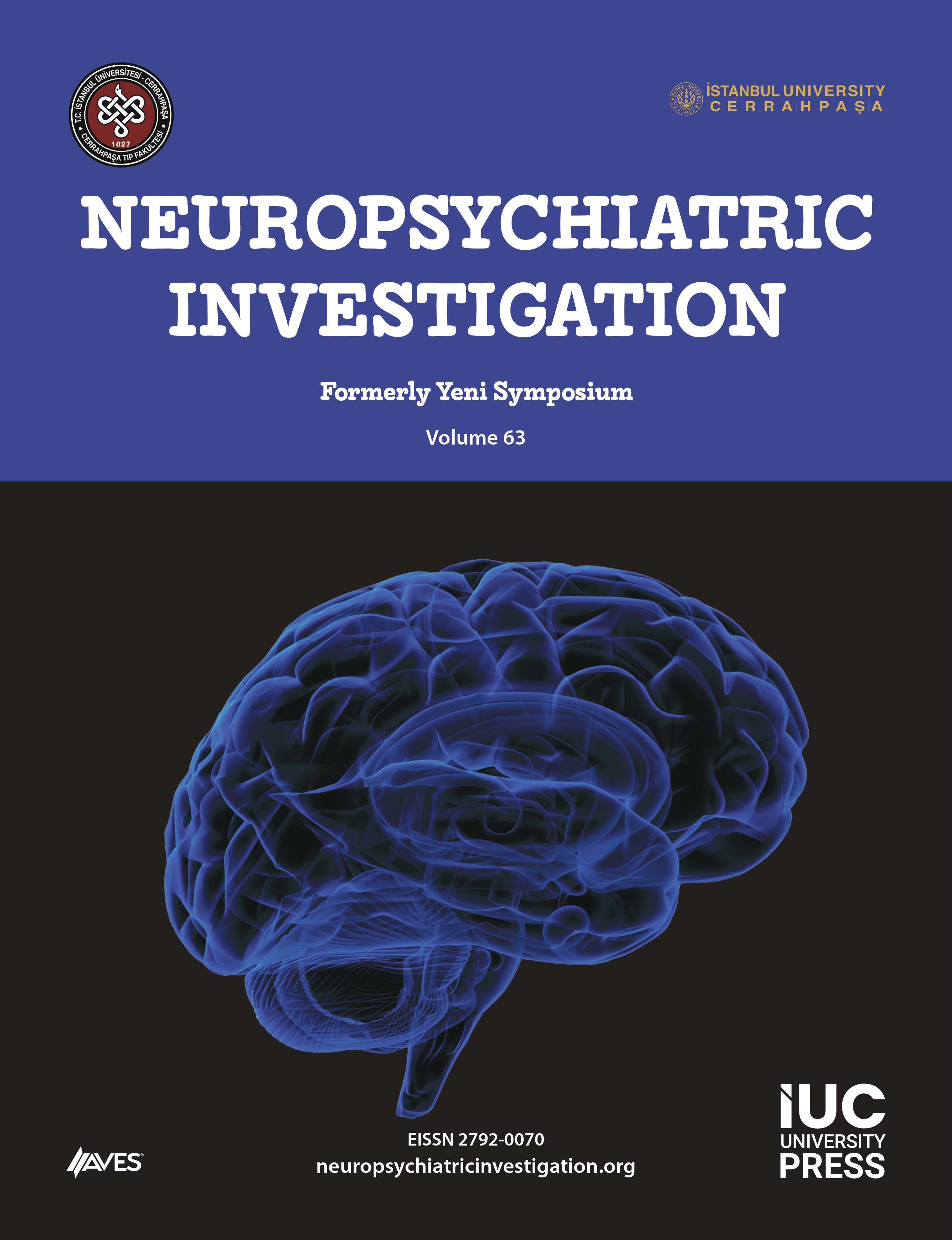Objective: People usually occurring sometime in their lives in a way that can cope with boredom. However, in some cases employing the usual problem-solving orientation. The inability of individuals to life in problem-solving skills on the negative affect in many ways. Alcohol-that is one of the negative impact on substance use and problem-solving skills become increasingly unhealthy. In this study, the article uses the individual use in solving social problems of individuals with recovering more methods have been aimed to review.
Methods: Descriptive Method was used. Voluntary work-based alcohol, marijuana, cocaine, heroin, ecstasy, acid, mushrooms, bonsai, and other essential uses and uses a total of 131 people who left before. 76 of the people participating in the survey before leaving existing substance abuse and group, while 55 still actively participated in the group that uses the item. Sociodemographical information form and the sample group problem-solving orientation and purpose of examine their way with the revised Problem Solving Inventory-Revised Short Form
Results: He left the item and actively participating in the working groups that are using problem-solving orientation are examined; the group left the item problem-solving positive orientation of values of the point higher (p < 0.001). Negative values of the problem-solving orientation points article is higher in the group that continue to use (p < 0.001).
The rational problem-solving style points is higher than the value of the left group (p < 0.001). Impulsive- inattentive problem-solving style point values were higher than the ongoing group of substance use (p < 0.001). Avoidant problem-solving style point values were higher than the ongoing group of substance use (p < 0.001). Total problem resolution is higher in the group who left the score (p < 0.001).
Conclusion: He left the item and actively participating in the working groups that use the problem-solving orientation and lifestyles were examined; the Group of people who left the item problem-solving orientation and positive rational problem-solving style is higher in areas that use the item is negative the problem-solving orientation, problem-solving style of careless and impulsive-kaçıngan is the higher problem-solving style. This situation of substance use problem solving skills and the negative effects of substance use problem- solving skills after a positive showing how much more or less information. But research is cross-sectional study could be as clear about this.




.png)